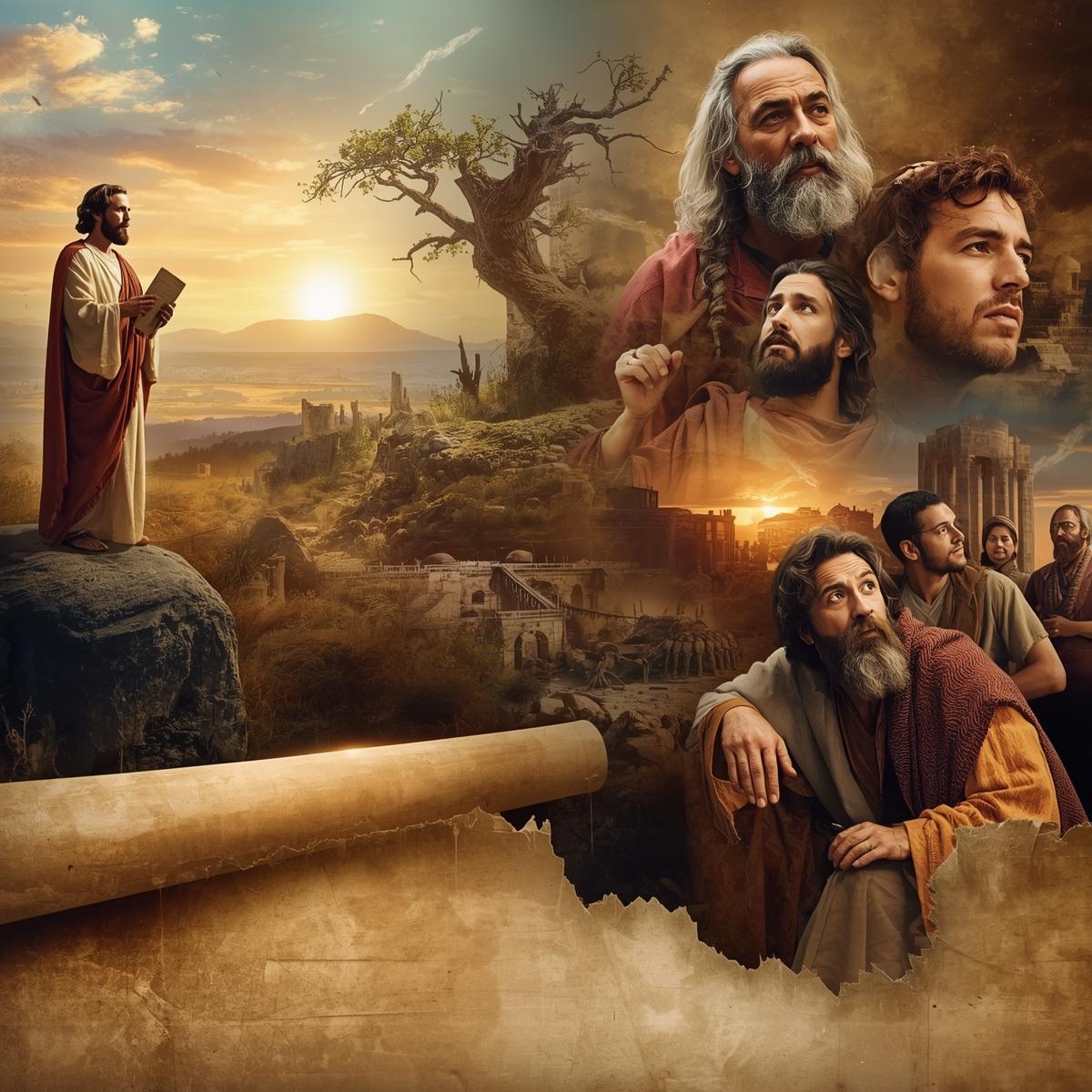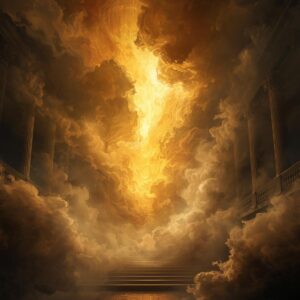Understanding the Prophets: Major vs. Minor
Before we explore their lives, it’s crucial to understand the terms “Major” and “Minor” Prophets, as they are often misunderstood.
It’s About Length, Not Importance.
The common misconception is that the “Major Prophets” were more important or spiritually significant than the “Minor Prophets.” This is not the case. The distinction is purely based on the length of their written works, not the significance of their message.
- The Major Prophets: This group includes Isaiah, Jeremiah, Ezekiel, and Daniel. Their books are simply much longer and more extensive, containing detailed histories, visions, and prophecies. They are “major” in volume.
- The Minor Prophets: This group consists of the twelve other writing prophets: Hosea, Joel, Amos, Obadiah, Jonah, Micah, Nahum, Habakkuk, Zephaniah, Haggai, Zechariah, and Malachi. In the Hebrew Bible, these twelve were traditionally written on a single scroll and were known collectively as “The Book of the Twelve.” Their writings are shorter, but their messages are no less powerful, urgent, or inspired. They are “minor” only in terms of the length of their books.
Think of it this way: a major novel and a powerful, concentrated short story can be equally impactful. The message of Obadiah (one chapter) against the nation of Edom is just as divinely authoritative as the sprawling visions of Isaiah. Each prophet, whether Major or Minor, was chosen by God for a specific time and purpose, and each one contributes an essential thread to the grand tapestry of biblical prophecy.
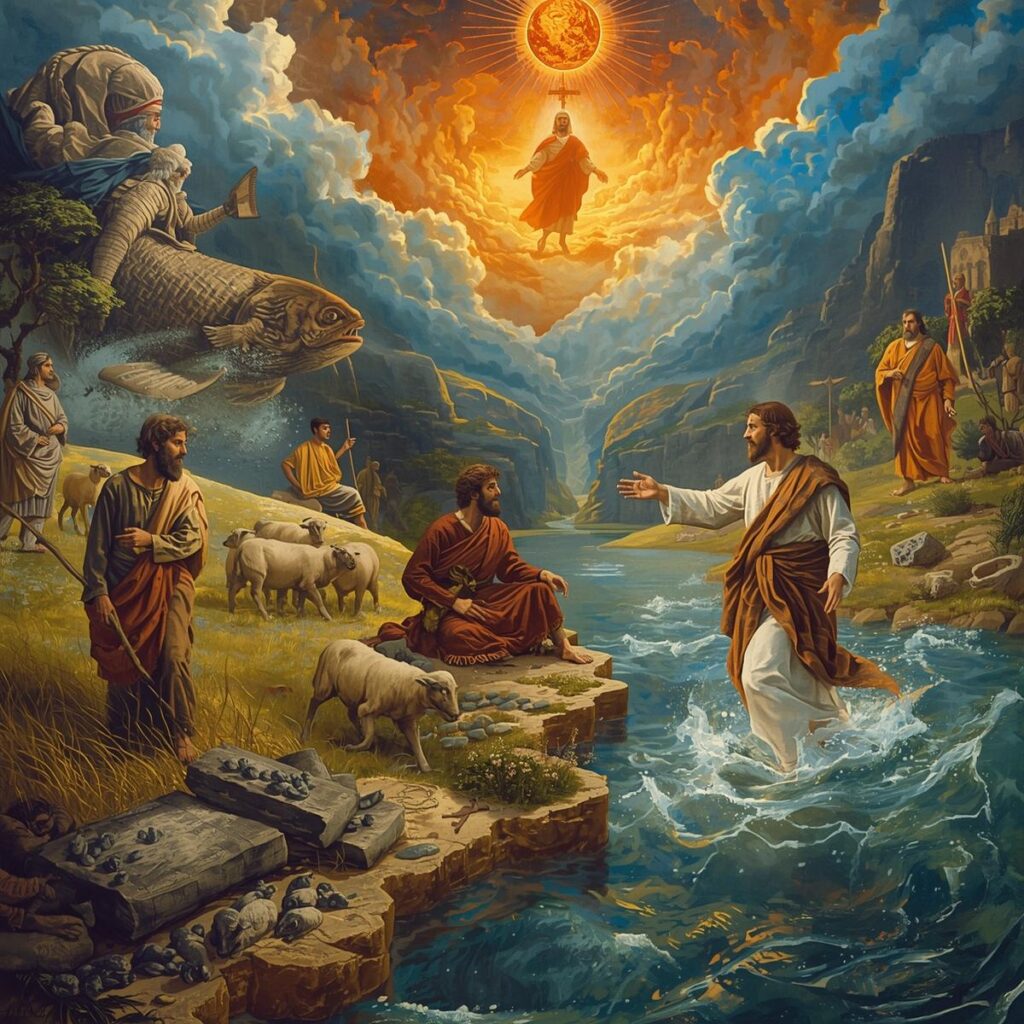
The Minor Prophets (so-called due to the brevity of their books)
5. Hosea
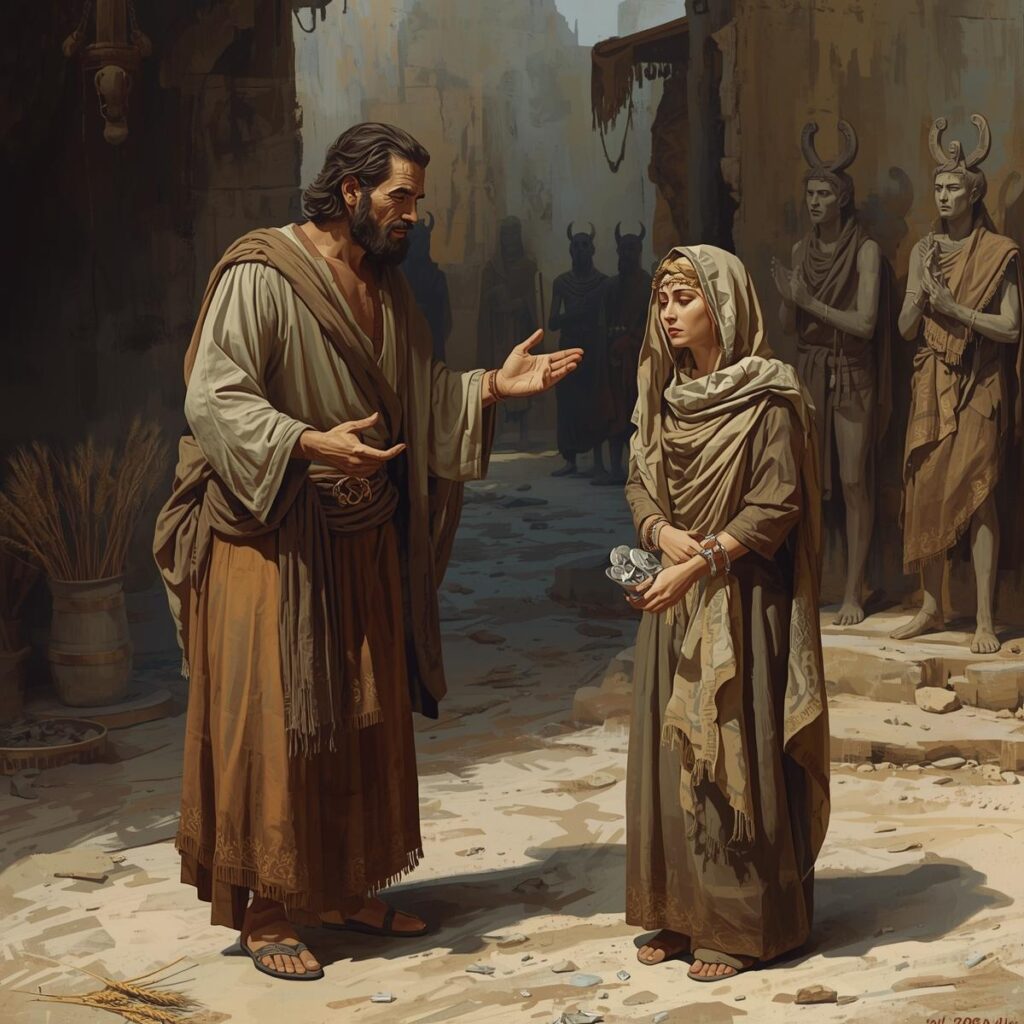
- Biography: Hosea (“salvation”) prophesied to the northern kingdom of Israel. His life was a living parable. God commanded him to marry an unfaithful woman, Gomer, to symbolize Israel’s spiritual adultery.
- Timeline & Prophecies: c. 755–715 BC. He preached a message of judgment for idolatry but also of God’s relentless, covenantal love and the promise of eventual restoration.
- Fulfillment: The Assyrian conquest of Israel in 722 BC fulfilled his prophecies of judgment.
- Family & Death: He had three children with Gomer, whose names were prophetic signs. His death is not recorded.
6. Joel
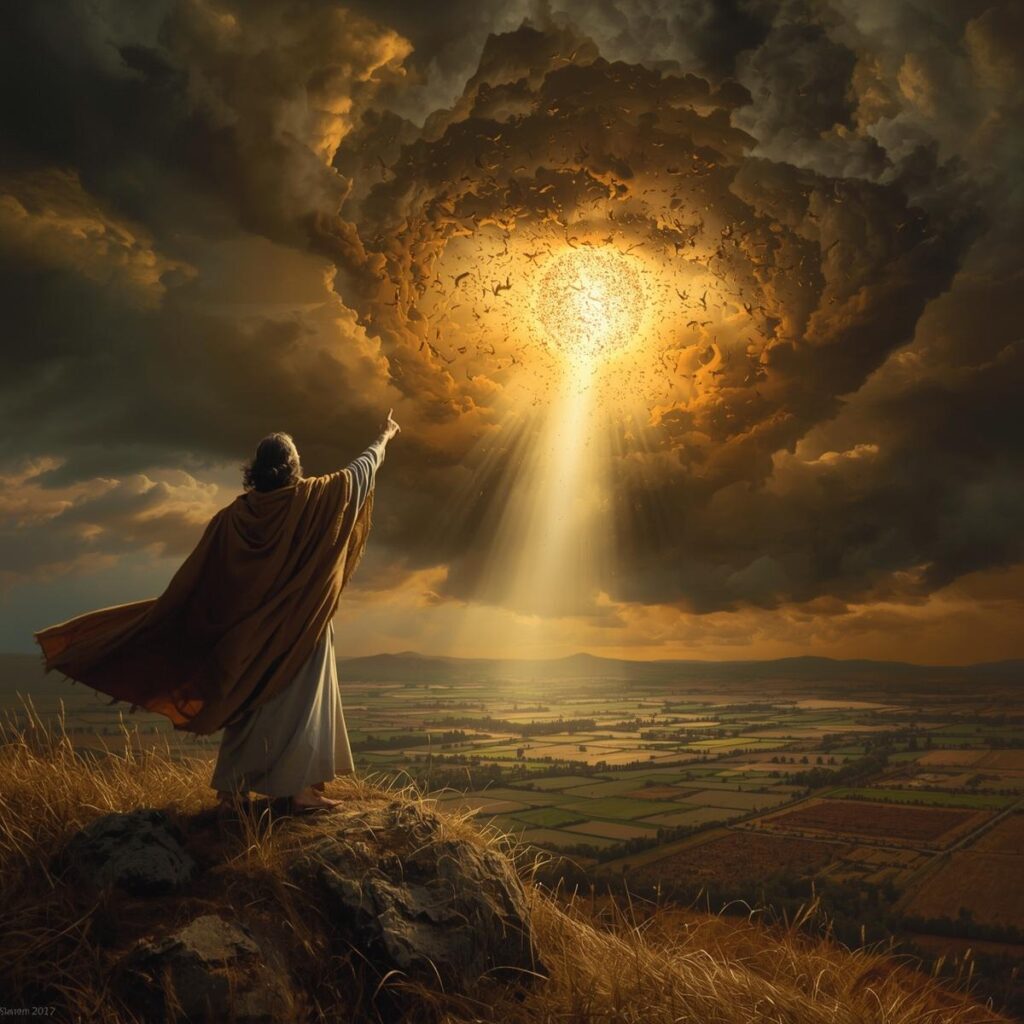
- Biography: Little is known about Joel (“Yahweh is God”). He was the son of Pethuel and prophesied in Judah.
- Timeline & Prophecies: Date is debated (c. 9th–6th century BC). He described a devastating locust plague as a sign of “the Day of the Lord,” a day of judgment. He famously prophesied a future outpouring of God’s Spirit on all people (Joel 2:28-32).
- Fulfillment: The outpouring of the Spirit was fulfilled on the Day of Pentecost (Acts 2:16-21).
- Family & Death: Unknown.
7. Amos
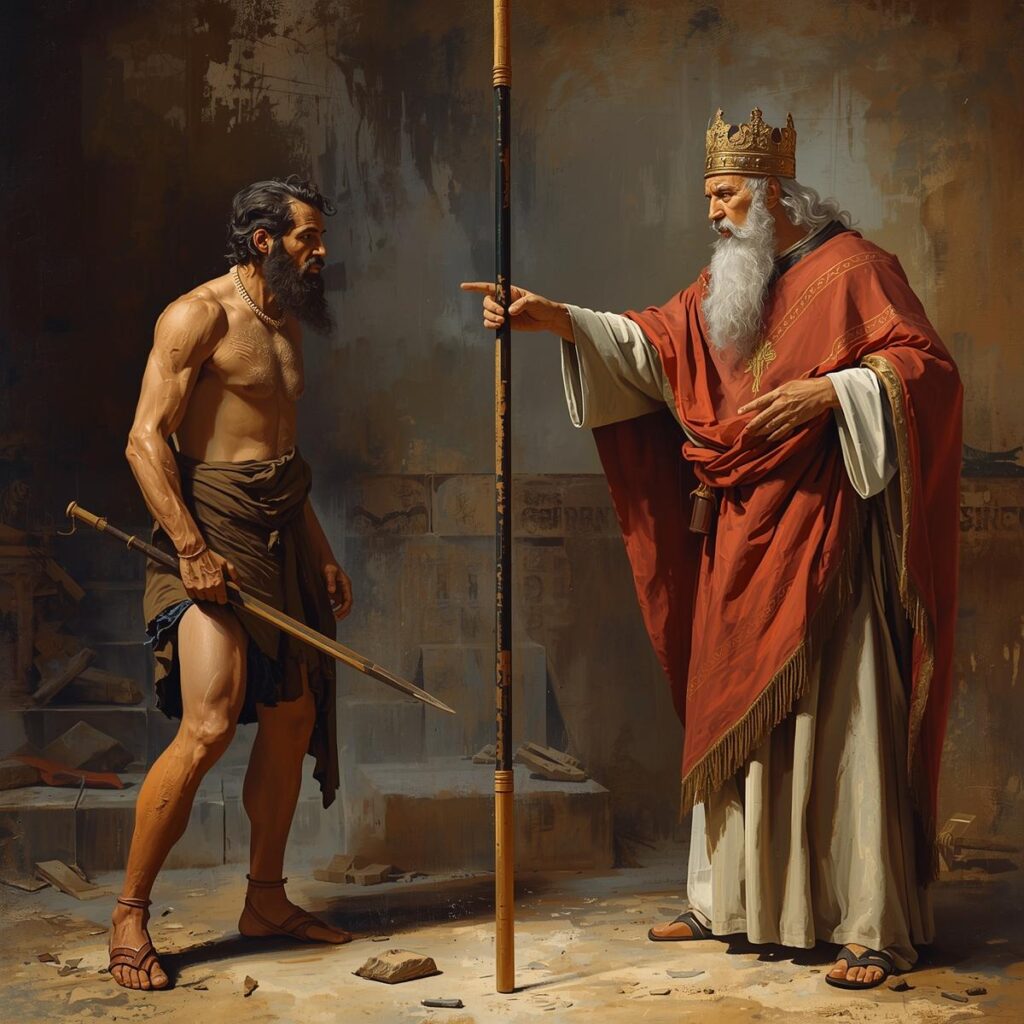
- Biography: Amos was a shepherd and dresser of sycamore figs from Tekoa in Judah, sent to prophesy to the northern kingdom of Israel. He was not a professional prophet, making his bold message more striking.
- Timeline & Prophecies: c. 760–750 BC. He fiercely condemned the social injustice and empty religious rituals of Israel, pronouncing God’s judgment on the surrounding nations as well.
- Fulfillment: His prophecies of Israel’s fall and exile were fulfilled by Assyria.
- Family & Death: He was opposed by the priest Amaziah. His death is not recorded.
8. Obadiah

- Biography: Nothing is known about Obadiah (“servant of Yahweh”) except his name.
- Timeline & Prophecies: Likely after the Babylonian destruction of Jerusalem in 586 BC. His one-chapter book is a prophecy of judgment against Edom, the descendants of Esau, for their violence against their brother Jacob (Israel) in their time of crisis.
- Fulfillment: The ancient nation of Edom was eventually wiped out, a fulfillment of this prophecy.
- Family & Death: Unknown.
9. Jonah

- Biography: Jonah (“dove”) was a prophet from Gath-hepher in Israel during the reign of Jeroboam II (2 Kings 14:25).
- Timeline & Prophecies: c. 785–760 BC. God sent him to preach repentance to the Assyrian city of Nineveh, Israel’s enemy. He famously fled, was swallowed by a great fish, and after being vomited out, delivered his message. To his dismay, Nineveh repented, and God spared them.
- Fulfillment: The city of Nineveh repented in his lifetime. Jesus used Jonah’s three days in the fish as a sign of His own death and resurrection (Matthew 12:39-41).
- Family & Death: The Bible does not mention his family. His death is not recorded.
10. Micah
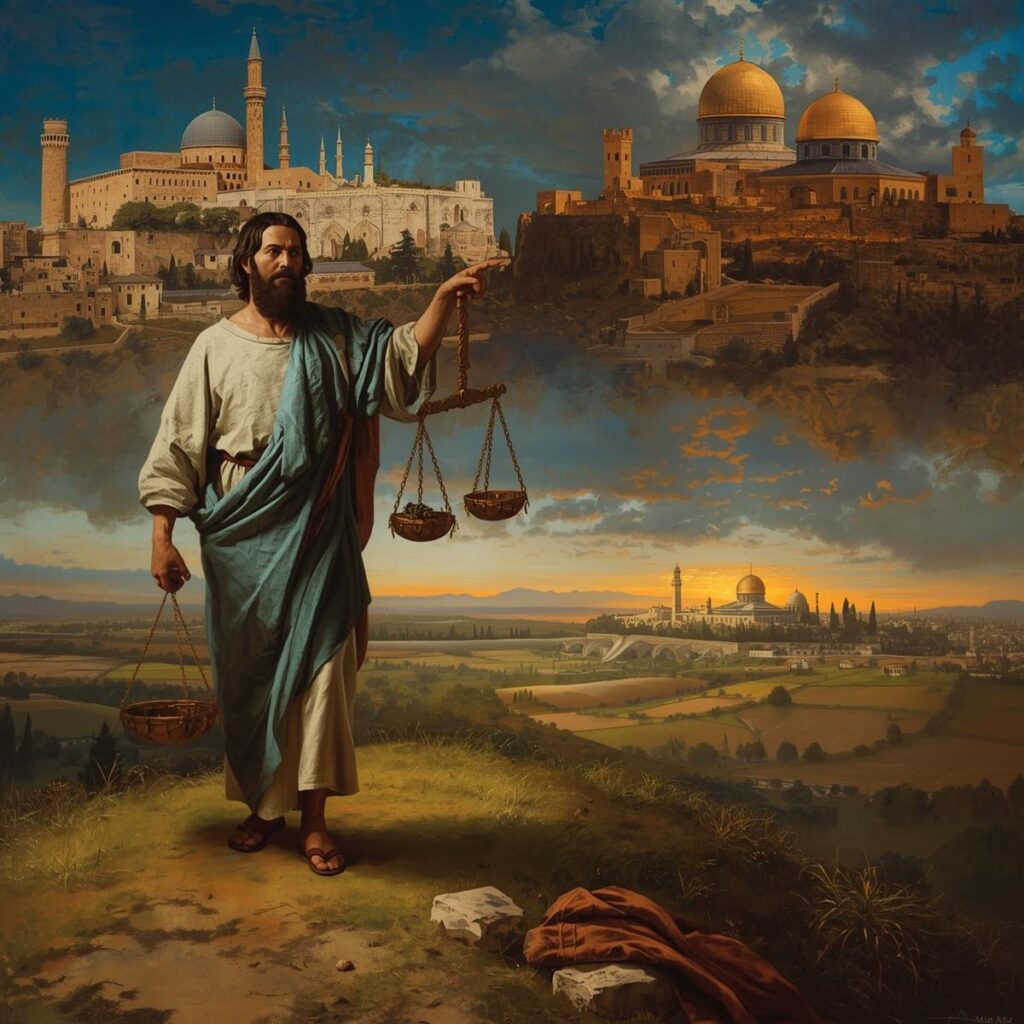
- Biography: Micah (“Who is like Yahweh?”) was a contemporary of Isaiah, prophesying in Judah. He was from Moresheth, a rural town, giving him a heart for the common people.
- Timeline & Prophecies: c. 737–696 BC. He prophesied judgment on both Samaria and Jerusalem for their corruption and oppression of the poor. He gave one of the clearest prophecies of the Messiah’s birthplace (Bethlehem, Micah 5:2) and a powerful summary of what God requires: “to act justly, love mercy, and walk humbly with your God” (Micah 6:8).
- Fulfillment: Samaria and Jerusalem were judged. Jesus was born in Bethlehem, as prophesied (Matthew 2:1-6).
- Family & Death: Unknown.
11. Nahum

- Biography: Nahum (“comforter”) was from Elkosh. His prophecy is a comfort to Judah by announcing judgment on their oppressor, Assyria.
- Timeline & Prophecies: c. 663–612 BC, between the fall of Thebes (mentioned in 3:8) and the fall of Nineveh. His book is a powerful poem predicting the complete and final destruction of Nineveh.
- Fulfillment: Nineveh was destroyed so utterly by the Medes and Babylonians in 612 BC that its location was lost for centuries.
- Family & Death: Unknown.
12. Habakkuk
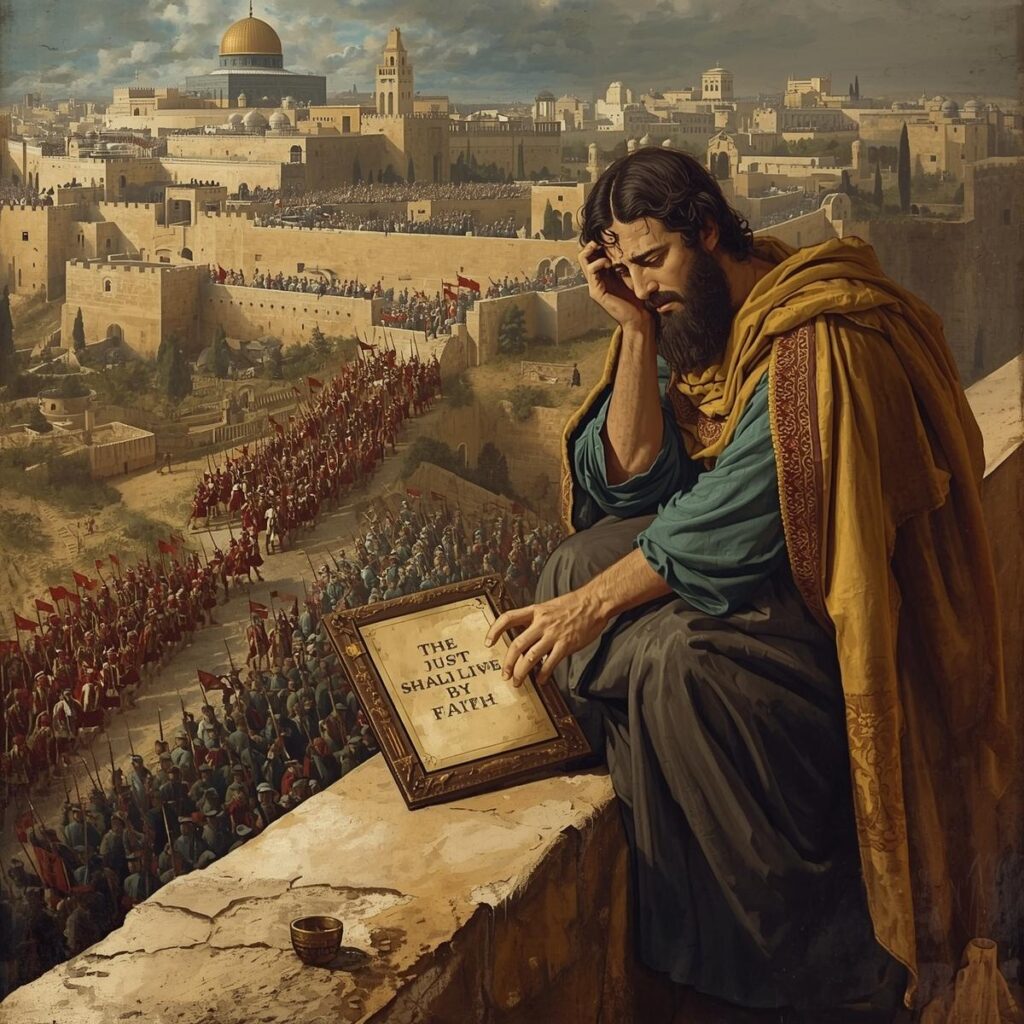
- Biography: Habakkuk (“embrace”) prophesied in Judah just before the Babylonian invasion.
- Timeline & Prophecies: c. 609–605 BC. His book is a unique dialogue with God. He asks “Why do you allow the wicked to prosper?” God answers that He is raising up the Babylonians as His instrument of judgment. Habakkuk ends with a profound prayer of trust in God despite circumstances (Habakkuk 3:17-19).
- Fulfillment: The Babylonians invaded Judah, exactly as God said they would.
- Family & Death: Unknown.
13. Zephaniah
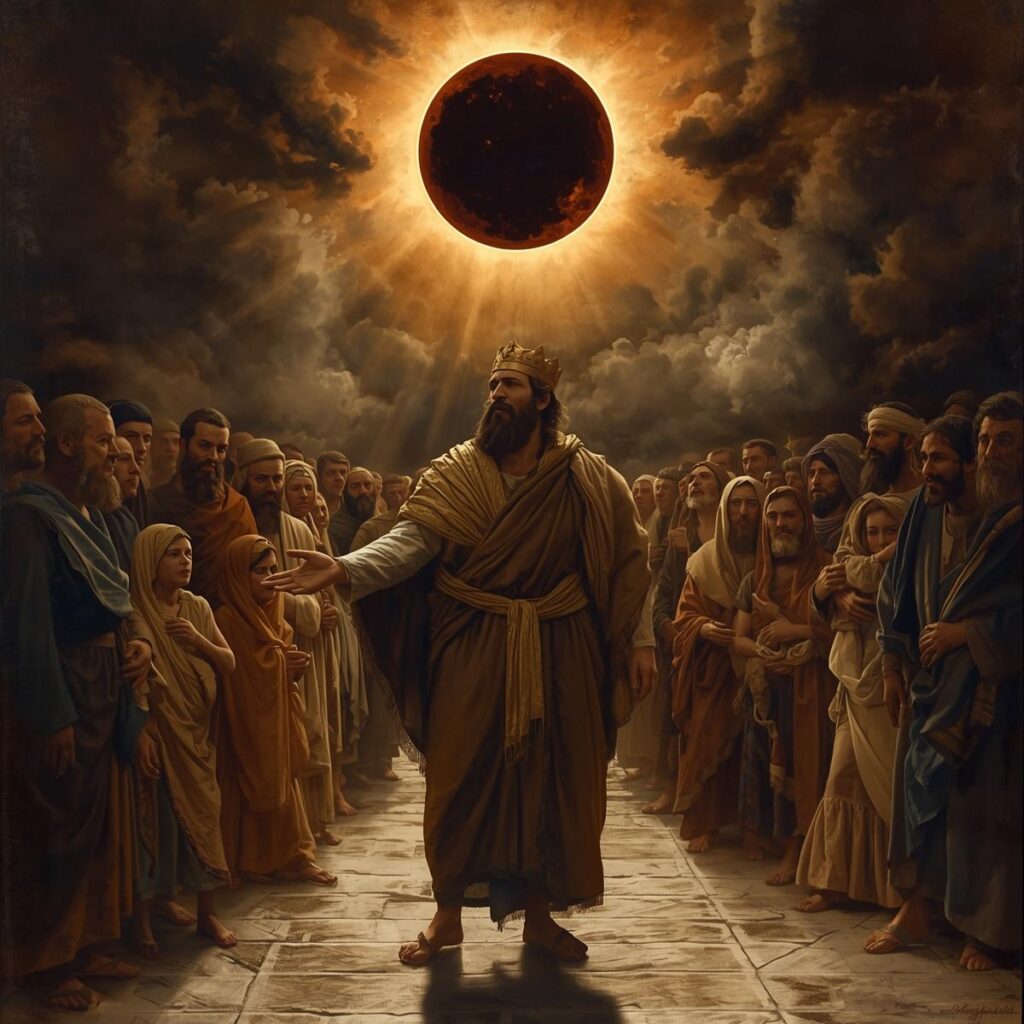
- Biography: Zephaniah (“Yahweh has hidden”) was a descendant of King Hezekiah, prophesying during the reign of Josiah.
- Timeline & Prophecies: c. 640–609 BC. He preached a sweeping message of the “Day of the Lord” as a day of universal judgment, but also of hope and restoration for a faithful remnant.
- Fulfillment: His prophecies contributed to Josiah’s reforms, delaying judgment. The Babylonian exile was the ultimate fulfillment of the judgment prophecies.
- Family & Death: Unknown.
14. Haggai
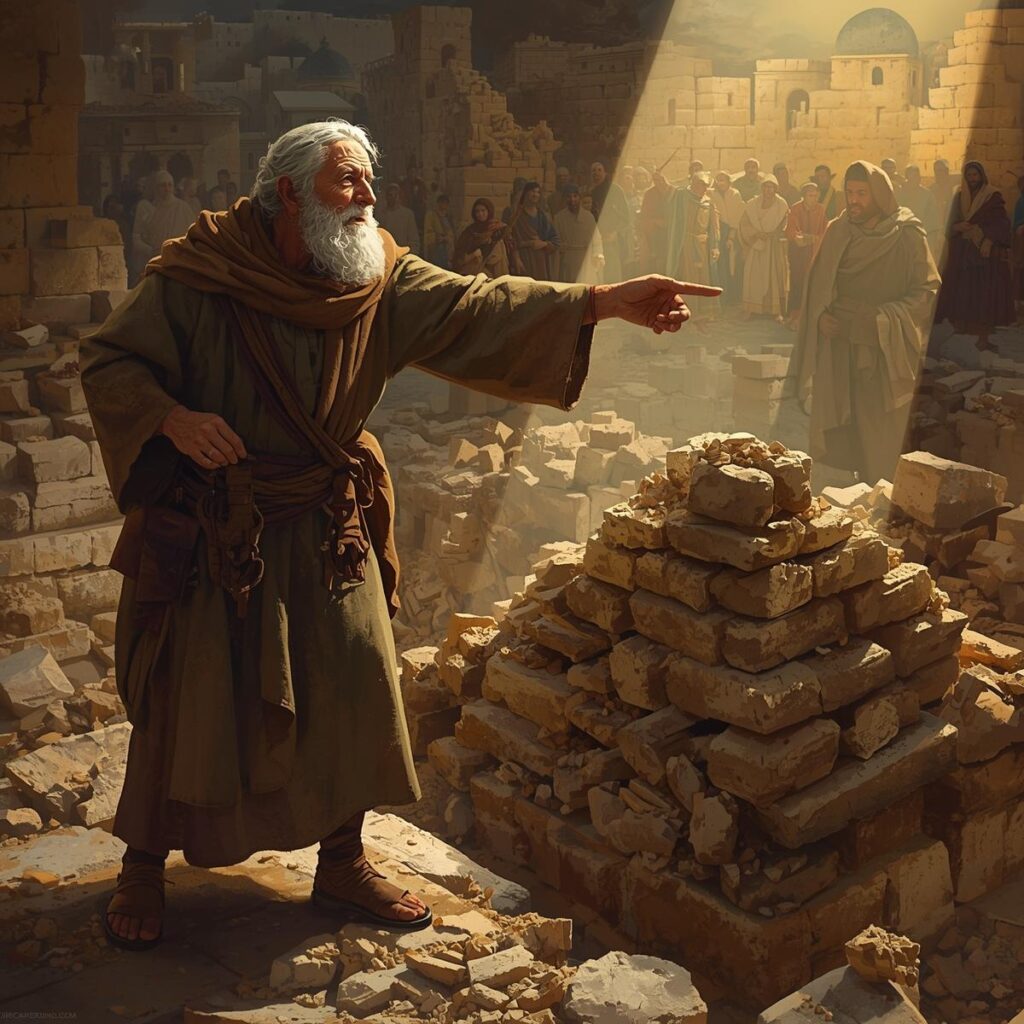
- Biography: Haggai (“festal”) was a post-exilic prophet who returned to Jerusalem with Zerubbabel. His ministry was short and focused.
- Timeline & Prophecies: 520 BC. He delivered four messages in four months, rebuking the people for building their own houses while God’s temple lay in ruins, and urging them to restart the work.
- Fulfillment: The people obeyed, and the second temple was completed in 516 BC (Ezra 6:15).
- Family & Death: Unknown.
15. Zechariah
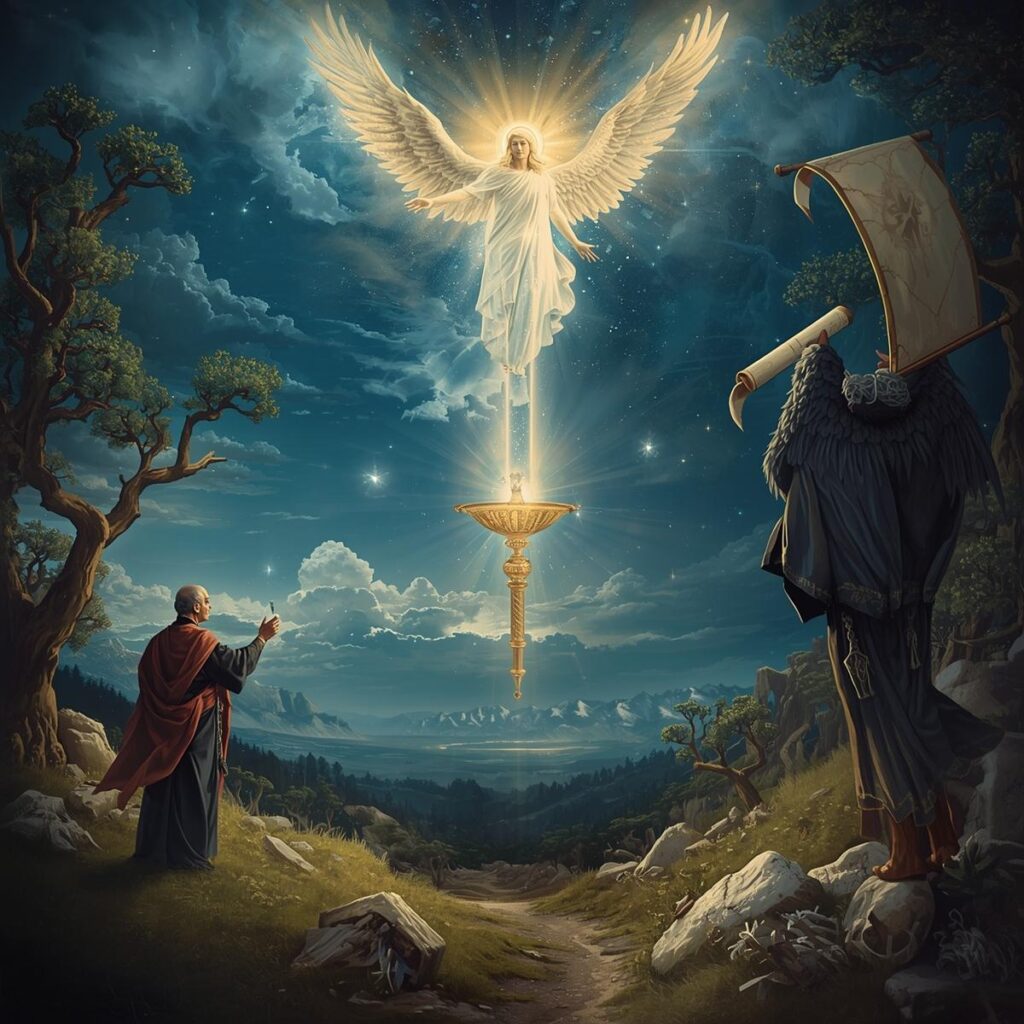
- Biography: Zechariah (“Yahweh remembers”) was a contemporary of Haggai and also a post-exilic prophet. He was from a priestly family.
- Timeline & Prophecies: c. 520–480 BC. His book is filled with night visions encouraging the people to rebuild the temple. It contains rich Messianic prophecies, including the coming of a humble king on a donkey (Zechariah 9:9) and the piercing of a Messiah (Zechariah 12:10).
- Fulfillment: The temple was rebuilt. Jesus fulfilled the key Messianic prophecies during His triumphal entry and crucifixion.
- Family & Death: According to Jewish tradition, he was murdered in the temple, referenced by Jesus in Matthew 23:35.
16. Malachi
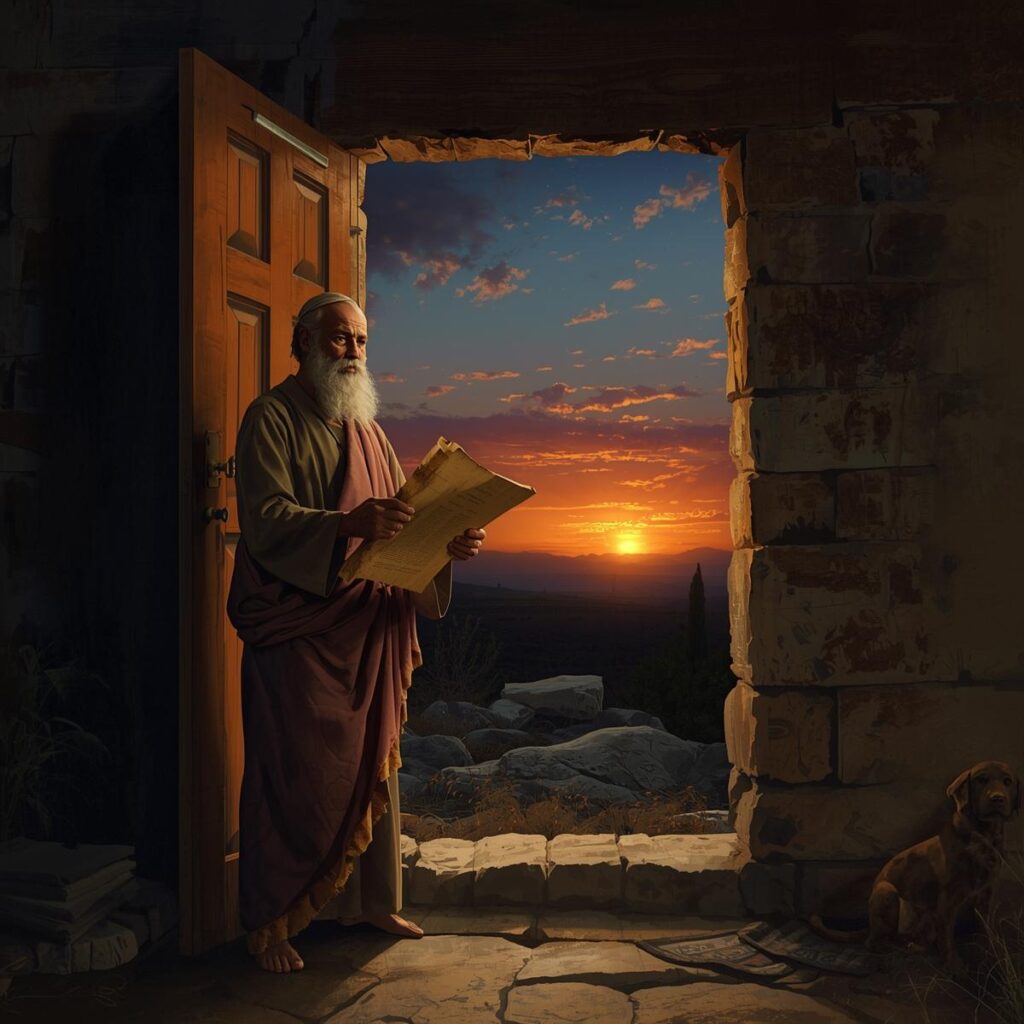
- Biography: Malachi (“my messenger”) is the final prophet of the Old Testament. Little is known about him.
- Timeline & Prophecies: c. 430 BC. He confronted the post-exilic community for their spiritual apathy, corrupt priesthood, and failure to tithe. He prophesied the coming of a forerunner (“Elijah”) who would prepare the way for the Lord (Malachi 4:5-6).
- Fulfillment: His prophecy of the forerunner was fulfilled in John the Baptist (Matthew 11:13-14).
- Family & Death: Unknown.

